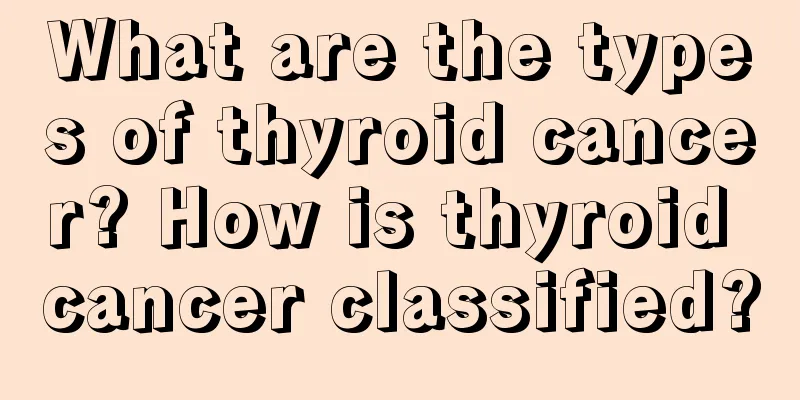Every food contains six types of nutrients

|
People eat not only to fill their stomachs, but also to replenish the nutrients they need. So most people will consider the nutrients contained in the food itself before eating, and basically, the nutrients contained in most foods are similar. In particular, there are six types of nutrients that are contained in every food. So what are the six types of nutrients that are contained in every food? Nutrients in food: The nutrients in food include three types of energy-supplying substances: carbohydrates, proteins, and fats, and water, and three types of non-energy-supplying substances: inorganic salts and vitamins. carbohydrate (1) Food sources: Cereals, beans, and root vegetables contain more sugars. (2) Function: Carbohydrates are the main energy source for the human body. All human activities, including walking, learning, breathing, etc., consume energy, and most of this energy is provided by carbohydrates. (3) Symptoms of deficiency: emaciation, fatigue, and hypoglycemia. Fat (1) Food sources: Foods such as lard, butter, egg yolk, peanut oil, sesame, beans and nuts contain more fat. (2) Function: Fat is also an important source of energy for the human body, but fat is generally stored in the body as a backup energy source. (3) Symptoms of deficiency: emaciation. protein (1) Food sources: milk, eggs, fish, lean meat, bean products, etc. (2) Function: ① The main organic substances that make up cells, such as proteins, are the main components of cell membranes and chromosomes. ② Energy substance. Protein can decompose and release energy, providing energy for the body's life activities. ③Human growth and development as well as the repair and renewal of damaged cells are inseparable from protein. (3) Symptoms of deficiency: Long-term insufficient supply can lead to malnutrition and anemia. water (1) Source: Food and beverages. (2) Function: ①One of the main components of human cells, accounting for 60% to 70% of body weight. ② Various life activities of the human body cannot be separated from water, and the cells in the human body live in a liquid environment. ③All nutrients and waste in the human body must be dissolved in water before they can be transported. Inorganic salt The content of inorganic salts in the human body is not large, accounting for about 4% of body weight. They are important raw materials for the human body. For example, calcium and phosphorus are important components of teeth and bones. Inorganic salts also participate in various metabolic activities of the human body and are an important guarantee for the normal growth and development of human life activities. Vitamins Vitamins are not the main raw materials for cells, do not provide energy for the human body, and the human body's daily need for them is very small. However, the important role of vitamins to the human body cannot be replaced by other nutrients. Once the human body lacks vitamins, it will affect normal growth and development, and even cause illness. |
<<: Do apples still have nutrition after being boiled in water?
>>: What is the reason for the headache
Recommend
Do nipples turn dark?
When a girl reaches puberty, her breasts begin to...
What is frequent urination
The main symptom of frequent urination is that yo...
Let's take a look at what kind of diet is good for patients with colorectal cancer after surgery
The most commonly used treatment for colorectal c...
What causes right brain nerve pain?
Many people in life often suffer from headaches, ...
Effects of compound electrolyte injection
Compound electrolyte injection is a water and ele...
What are the symptoms of Crohn's enteritis
Crohn's enteritis can present with different ...
What are the symptoms after suffering from lung cancer? 8 symptoms indicate that you have lung cancer
The serious harm of lung cancer makes many people...
Can mung beans still be eaten after being stored for three years?
Summer is the season for eating mung beans, mainl...
Why does pooping feel like pooping water
Diarrhea is a common symptom of intestinal flora ...
Introduction to massage methods for prostate cancer
Prostate cancer is one of the most serious malign...
How high is the iron content in spinach
Everyone says that spinach contains iron, but how...
Important Basis of Traditional Chinese Medicine Dialectical Treatment of Prostate Cancer
Traditional Chinese medicine is used in the entir...
People with bladder cancer usually have bladder irritation symptoms
People with bladder cancer generally have bladder...
6 phone habits that ruin your health
Everyone makes a few phone calls every day, and s...
How to massage the cervical vertebra yourself
Massage is an effective means to relieve human fa...









